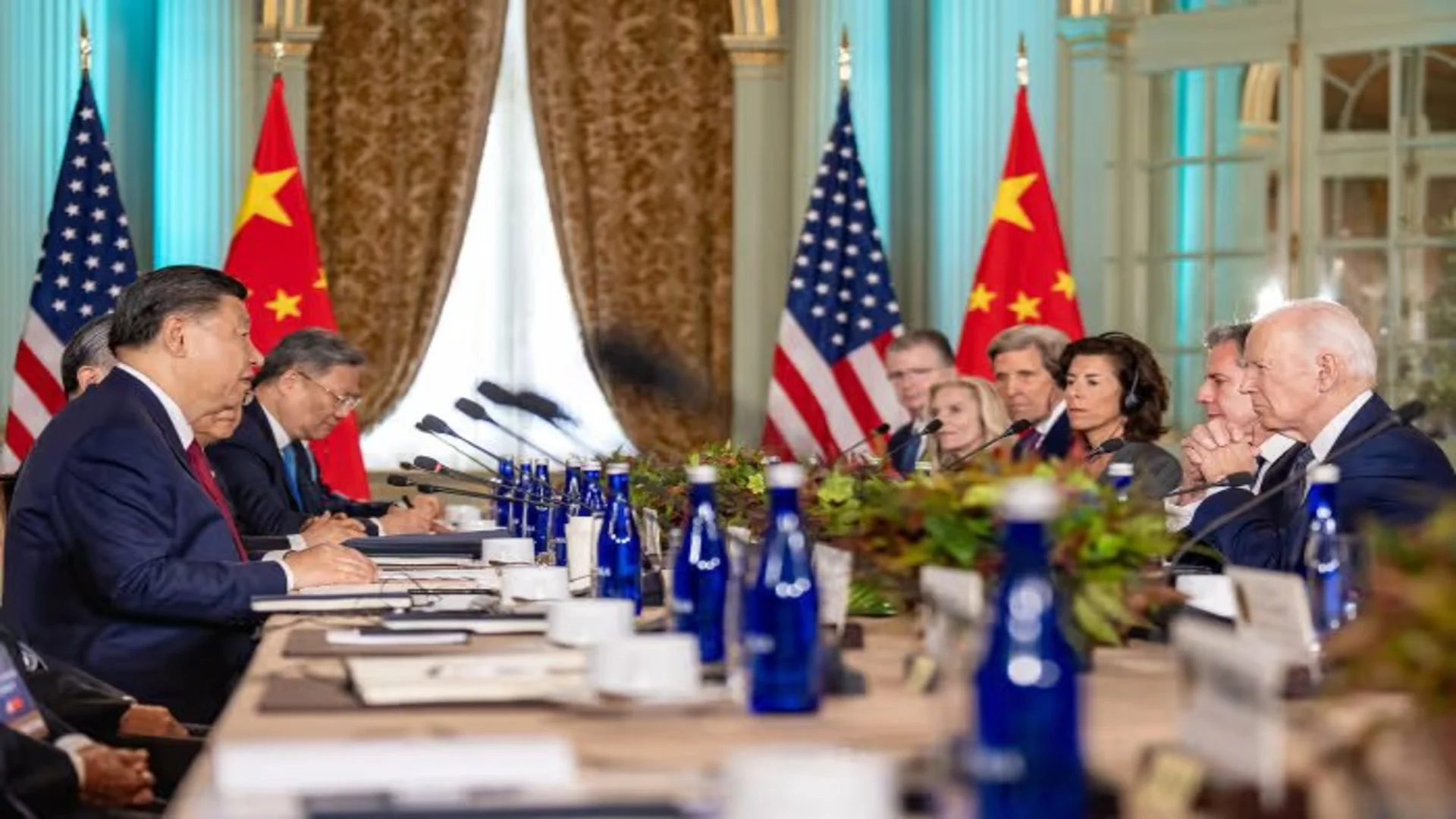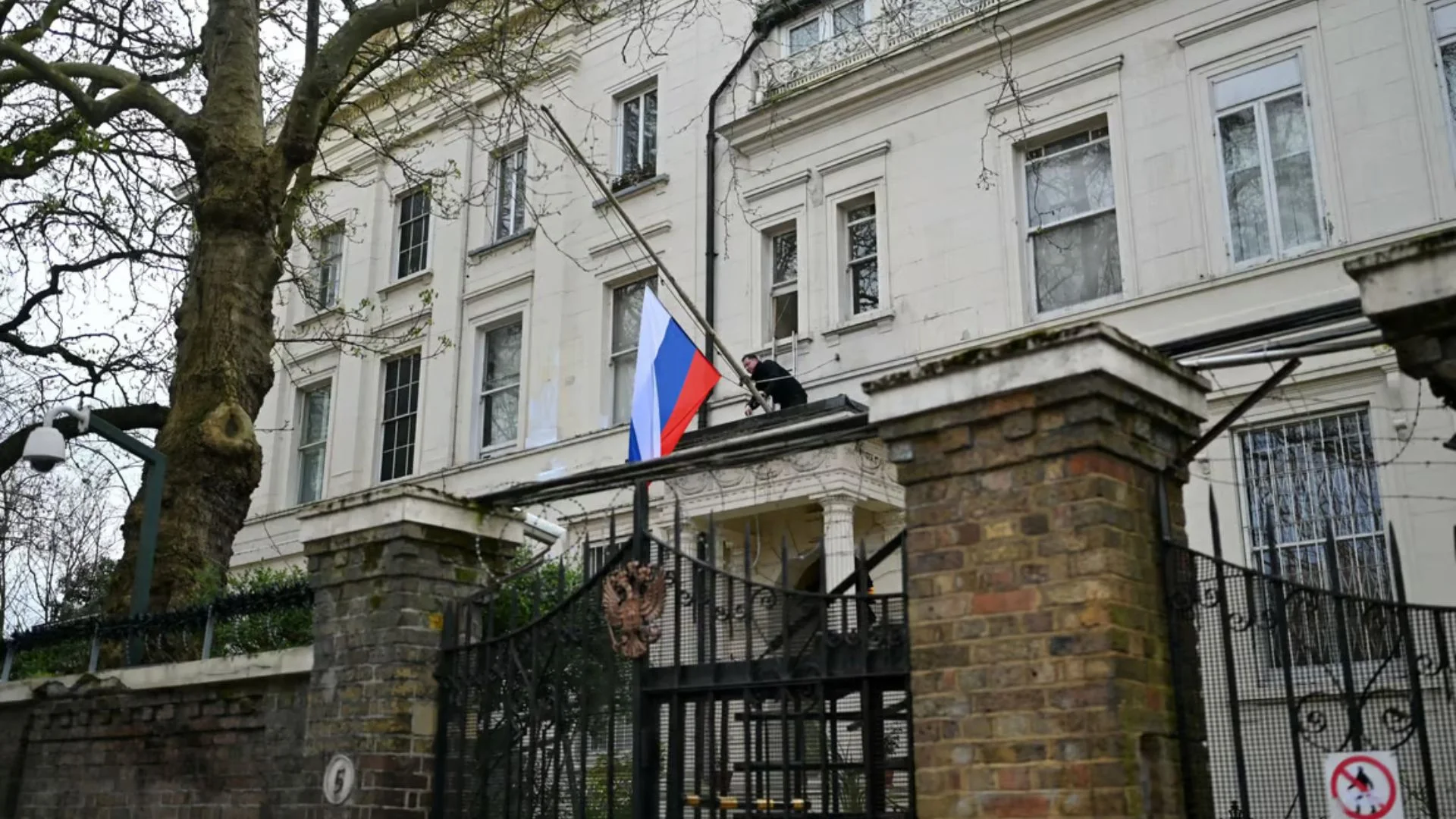The Joe Biden administration has extended the US-China Science and Technology Agreement (STA) for another five year despite repeated requests from Congress to either suspend the agreement or implement stronger safeguards to protect US national security, human rights, and intellectual property. On Sunday, Chairman John Moolenaar of the Select Committee of Chinese Communist Party (SCCP) and his colleagues have strongly criticised the Biden administration’s decision.
In a letter to Secretary of State Antony Blinken, Moolenaar and his fellow lawmakers argue that renewing the STA in the final days of the current administration represents an effort to “tie the hands” of the incoming administration. They assert that this move would limit the new leadership’s ability to either exit the agreement or negotiate a better deal for the American people.
The letter reads, “We urge you to immediately suspend efforts to renew the US-PRC STA before January 20, 2025. Suppose the Biden Administration is confident their new agreement with the PRC will adequately protect US national security. In that case, they should have no problem making the case for renewal to the incoming administration.”
Earlier this year, the US House of Representatives overwhelmingly passed the “Science and Technology Agreement Enhanced Congressional Notification Act,” introduced by Representative Andy Barr.
The bill, which is still pending law, would require a 15-day notification period before any STA renewal and mandate the inclusion of explicit protections for human rights, as well as restrictions on dual-use research, which can have both civilian and military applications. Lawmakers said that the Biden Administration has ignored these safeguards, emphasising concerns over US intellectual property and security.
Moolenaar and his colleagues argue that the administration’s failure to include such protections demonstrates a disregard for Congress’s articulated concerns and raises further questions about the impact of continued US-China scientific collaboration.
The STA extension comes at a time of growing bipartisan scrutiny of US-China relations, particularly around issues of national security and technology transfer. Many critics argue that scientific exchanges with China could contribute to the development of advanced technologies with military applications, potentially undermining US security interests.
As the Biden Administration moves forward with the STA extension, lawmakers are calling for greater transparency and accountability, stressing that any renewal should be delayed until after January 20, 2025, to allow the next administration the opportunity to review and potentially renegotiate the agreement.






















